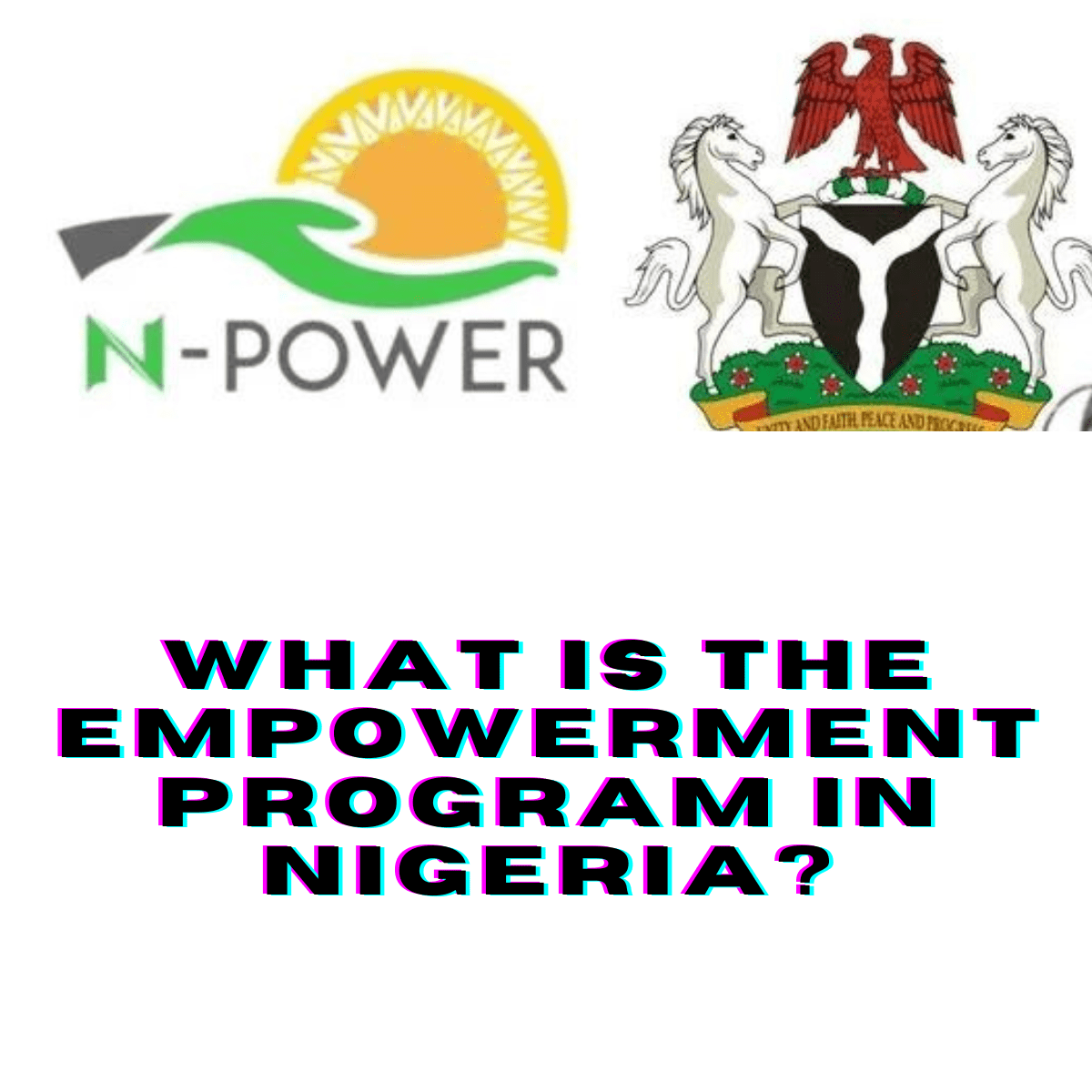Empowering the Future: The Impact of Empowerment Programs in Nigeria
In the heart of Africa, Nigeria emerges as a beacon of potential and promise, driven by its diverse cultures, abundant resources, and a burgeoning youth population. Yet, amidst these assets, the country faces challenges such as unemployment, poverty, and a lack of access to education and healthcare. It is within this context that empowerment programs in Nigeria have become crucial mechanisms for catalyzing change and fostering sustainable development. These initiatives aim to equip individuals with the skills, knowledge, and opportunities needed to transform their lives and communities. But what exactly are these empowerment programs, and how do they impact the lives of Nigerians?
Empowerment programs in Nigeria encompass a wide array of initiatives designed to empower individuals and communities by providing them with the tools needed to achieve economic independence and social advancement. These programs target various sectors, including education, healthcare, entrepreneurship, and vocational training, offering pathways out of poverty and into prosperity. Through skill acquisition, financial grants, mentorship, and support services, empowerment programs strive to create an environment where every Nigerian can realize their full potential.
Unveiling the Spectrum of Empowerment
At the core of empowerment programs in Nigeria is the belief that empowering individuals—particularly youth and women—can lead to a ripple effect of positive change throughout society. These programs are often spearheaded by a collaboration between the government, non-governmental organizations (NGOs), international agencies, and the private sector. Each entity brings unique resources and expertise, ensuring that empowerment initiatives are comprehensive and impactful.
Government Initiatives
The Nigerian government has launched several programs aimed at addressing the critical challenges faced by its citizens. Programs such as the N-Power scheme, the Government Enterprise and Empowerment Program (GEEP), and the Youth Enterprise with Innovation in Nigeria (YouWiN!) initiative are prime examples. These initiatives focus on job creation, entrepreneurship, and skill development, aiming to reduce unemployment and stimulate economic growth.
NGO and International Agency Programs
NGOs and international agencies also play a pivotal role in empowerment efforts, offering programs that complement government initiatives. These programs often focus on specific communities or sectors, providing targeted support where it’s most needed. For example, initiatives like the Tony Elumelu Foundation Entrepreneurship Program offer training and funding to African entrepreneurs, aiming to catalyze economic growth across the continent.
Private Sector Contributions
The private sector in Nigeria has recognized the value of empowerment programs as a means to foster a skilled workforce and vibrant consumer base. Companies and corporate foundations often sponsor skill acquisition programs, scholarships, and entrepreneurship competitions, contributing to the ecosystem of support for Nigerian citizens.
The Impact of Empowerment Programs
The effects of empowerment programs in Nigeria are both profound and far-reaching. Individuals who participate in these programs often experience improved economic outcomes, such as increased income, employment opportunities, and entrepreneurial success. Moreover, the benefits extend beyond the economic, fostering greater social cohesion, community development, and enhanced access to education and healthcare.
Empowering Women and Youth
Empowerment programs in Nigeria place a significant emphasis on women and youth, recognizing their critical roles in societal development. Programs aimed at these groups seek to address gender disparities and youth unemployment, offering a path towards greater participation in the economy and society. By empowering women and youth, these initiatives not only improve individual lives but also contribute to the overall development of the nation.
Challenges and Opportunities
While empowerment programs in Nigeria have made significant strides, challenges remain. Issues such as program accessibility, sustainability, and the measurement of impact are ongoing concerns. To overcome these challenges, it is essential for stakeholders to collaborate, innovate, and adapt strategies to ensure the continued effectiveness of empowerment initiatives.
Engaging With Empowerment Programs
For individuals interested in participating in empowerment programs, the first step is to research available opportunities and eligibility criteria. Government websites, NGO platforms, and community organizations are valuable resources for finding programs that match one’s interests and needs. Participation in these programs can be a transformative experience, opening doors to new possibilities and pathways to success.
FAQs on Empowerment Programs in Nigeria
Who is eligible for empowerment programs in Nigeria?
Eligibility varies by program, targeting different demographics such as youth, women, entrepreneurs, and individuals in specific sectors. It’s essential to check the specific criteria for each program.
How can I apply for an empowerment program in Nigeria?
Application processes differ, but generally, interested individuals should visit the official website of the program or contact the organizing body for application details and deadlines.
Are there any costs associated with participating in empowerment programs?
Many empowerment programs are free to participants, funded by the government, NGOs, or private sector sponsors. However, some programs may require a commitment fee or have specific requirements for participation.
Can empowerment programs truly change the economic landscape of Nigeria?
While no single initiative can solve all economic challenges, empowerment programs play a critical role in providing individuals with the skills and opportunities needed for economic advancement, thereby contributing to the broader economic development of Nigeria.
Empowerment programs in Nigeria are more than just initiatives; they are a testament to the resilience and potential of the Nigerian people. By investing in the development of its citizens, Nigeria is not just addressing immediate needs but laying the groundwork for a prosperous and sustainable future. As these programs continue to evolve and expand, their impact will undoubtedly shape the trajectory of Nigeria’s growth, ensuring that the nation’s greatest asset—its people—are fully empowered to lead the charge towards a brighter tomorrow.






